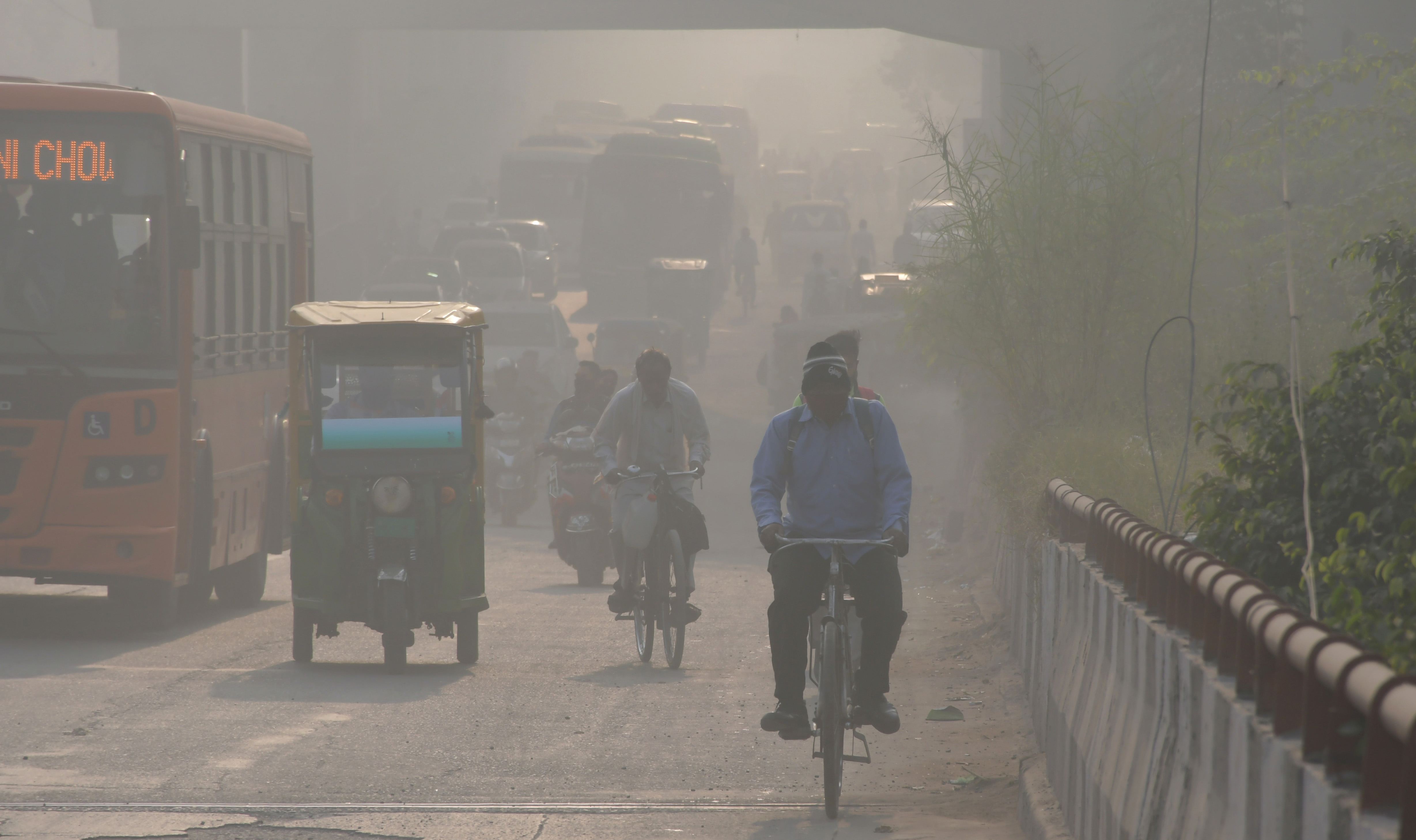Rural air pollution, which has been long ignored, should be made an emergency issue to solve.
The last two decades have witnessed India treading on a glorious growth journey towards its ambitious target of a $5 trillion economy with several momentous economic accomplishments. However, this trajectory is unequivocally stained with consistent and critical neglect towards the environment along with grave planning-failure with respect to prioritization of sustainability issues. Today, one of the most prevalent manifestations of environmental degradation is the plight of the Indian air quality. The Russian invasion of Ukraine has not just been a humanitarian catastrophe but an environmental suicide. Member states raised concerns over the ecological consequences at the 2022 United Nations Environment Assembly in Nairobi. The chance of artillery accidentally hitting a vulnerable site in a country armed with nuclear facilities has raised nuclear fears akin to environmental and health consequences of the four-decades-old Chernobyl accident in Ukraine. Amidst the rapid escalation of the military blitz between the two nations, Ukraine witnessed the blowing up of a gas pipeline resulting in leaks that will cause enormous negative externalities. With Russia being the largest supplier of natural gas and oil to the European Union in the last years, worldwide oil prices have been sent surging and the global oil-market is considerably shaken. The initial global sanctions levied against Russia did not target the energy sector. Yet, a significant question is whether the spiralling oil and gas prices will force EU and the US to replace Russian gas with renewable energy, making it an effective long-term solution.
In a recent podcast, the WHO highlighted that air pollution is a major public health emergency—requiring immediate and sincere action. Nine out of every ten people, particularly those living in cities, are breathing air that is not consistent with WHO standards; making air pollution a global problem. The World Air Quality Report 2020 ranked India as the third most polluted country with 22 of the world’s 30 most polluted cities and Delhi topping the list.
PROBLEM THROUGH A ‘RURAL VERSUS URBAN’ LENS: It is saddening that despite the lack of vehicular pollution, the concentrations of PM2.5 at some places in rural India are thrice their urban levels. Massively widespread culture of stubble burning among villages, relocation of industries away from cities and overwhelmingly large rural dependence on solid fuels reckons the problem of air pollution a headache. The incineration of agricultural residue in the Indo-Gangetic Plain, especially Haryana and Punjab, contributes an appalling share of 7% of total PM2.5 emissions in the country. The states of Odisha, Maharashtra, and southern Gujarat have a large number of pollution-causing clamps that involve open combustion at brick kilns. Air pollution results in the premature demise of around 10.5 lakh people annually, out of which approximately seven lakh belong to the rural areas. This is worrisome particularly when 96% of the monitoring stations lie within the city limits, with only 0.03% to monitor pollution levels in real-time in rural areas.
EMULATING INTERNATIONAL SOLUTIONS: It is time for India to look outwards and a few measures from developed nations that may be emulated are: cleaner methods of transportation; better waste management; more streamlined methods of energy production.
Emission trading is a control strategy, prevalent in the US, where economic incentives are offered to reduce the pollutant concentrations. India can also explore congestion pricing, as followed in London, where a driver is charged each time that they enter peak pollution zones of a city encouraging public transport and replacement of cars with bikes. Beijing governmental caps on the number of cars that can be sold in a year in the city and limits on the issuance of new licenses are ideas that need serious consideration.
Canada is lowering emissions of air pollutants by encouraging businesses to manufacture net-zero technologies through incentives like reduced income tax rates and by investing in decarbonizing efforts by large emitters through programs such as the Net Zero Accelerator. Technology modifications, like hybrid vehicles, fuel cell vehicles, fuel modifications, such as methanol in Brazil or hydrogen fuel in Japan can also help. Installing road sensors to fine polluting cars has proven to improve air quality in Hong Kong. Chinese innovations, such as vertical forests and building smog towers are alternatives that also need to be researched.
THE ROAD AHEAD: The way forward lies in multi-pronged approach consisting to monitoring, education and control. A wide network monitoring stations are required to understand the gravity and allocate resources. The existing emphasis on renewable energy, electric vehicles, LPG cooking fuel, and control on industry pollution may fall short considering dangerous concern. A strong policy action to discourage use of personal cars, infrastructural modifications to bring down traffic levels, efficient public transport system, improved facilities for walking, biking, can significantly help.
Rural air pollution, which has been long ignored, should be made an emergency issue to solve. Crop residue management and incentives to adopt technological innovations are to be encouraged with more research. The Indian Agricultural Research Institute developed a microbe, Pusa, that hastens decomposition and converts stubble to compost within 25 days while also improving soil quality. Indian environmental laws have over the years grown to become more and more nuanced, yet the journey ahead is extremely long. Any resistance to act on the shooting AQI levels and inability to find precious balance today will unquestionably choke out all future prospects of economic growth and human life tomorrow. The time to act is now, before it is too late.
Rajesh Mehta is a leading consultant & columnist working on Market Entry, Innovation & Public Policy. Shanayaa Suneja is a researcher.

